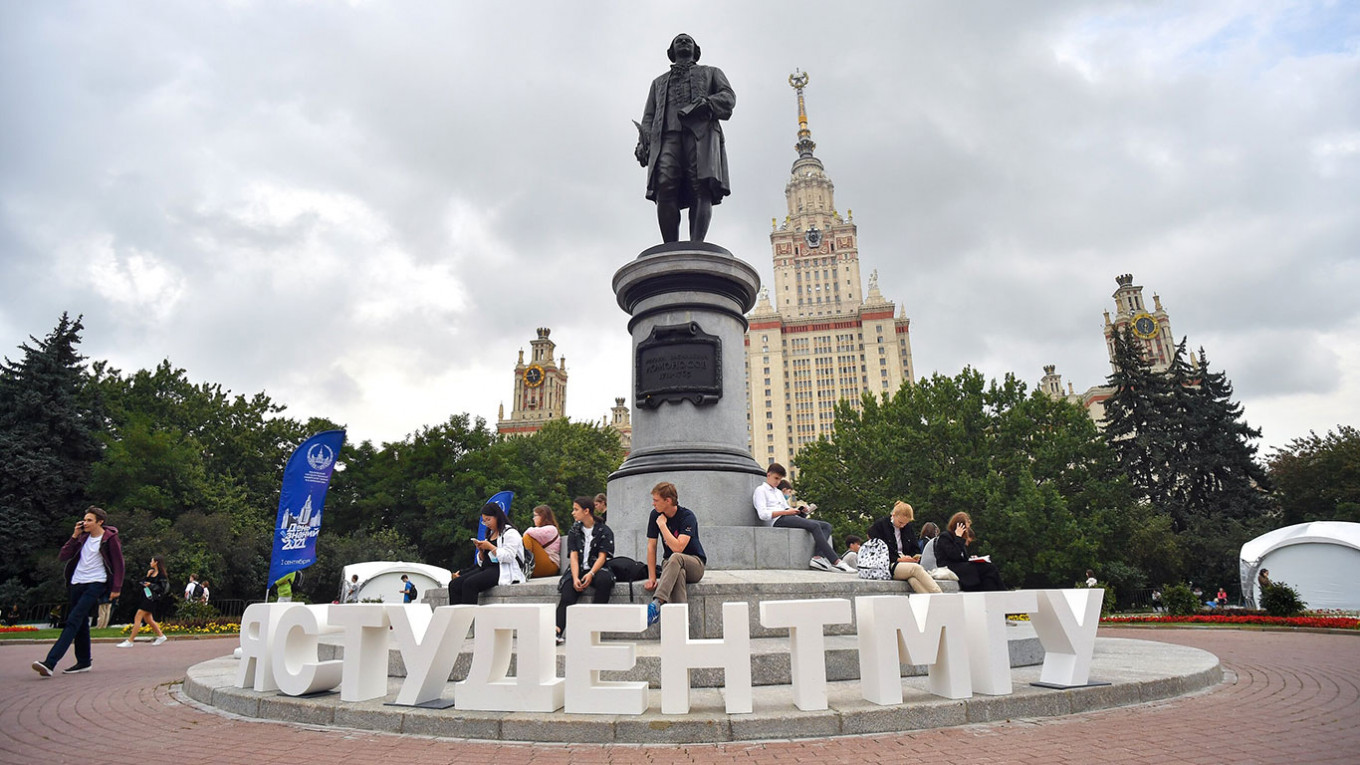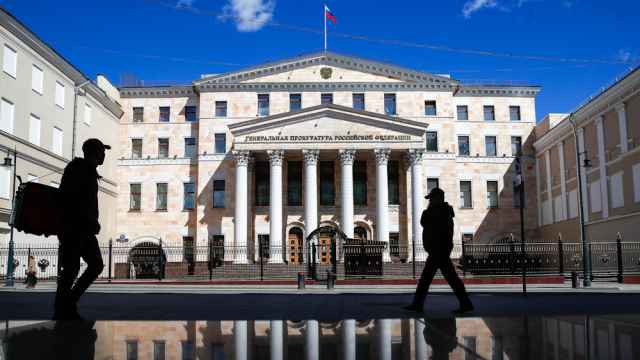Russia is set to drop out of the agreement standardizing higher education across Europe, potentially cutting off Russian students from advancing their careers in Europe.
Russia’s Science and Higher Education Minister Valery Falkov announced Tuesday that the country would replace the internationally recognized framework known as the Bologna Process with a new system designed to meet “national interests.”
“The Bologna system should be treated as a bygone state,” Falkov told the Kommersant business daily, although he did not indicate a timeframe for Russia’s exit from the European standard.
“The future belongs to our own unique system of education, which should be based on the interests of the national economy and the maximum opportunities for each student.”
Currently recognized in 49 countries, the Bologna Process was launched in 1999 to create a universal standard for higher education across Europe. Russia signed on to the voluntary process in 2003, replacing Soviet-era “specialist” degrees with a two-tier system of four-year bachelor’s degrees and optional two-year postgraduate qualifications in 2009.
Falkov’s announcement marked a shift in tone from just two months ago, when the Science and Higher Education Ministry rebuked several high-ranking Russian officials who called for Bologna’s replacement amid a wider rift with the West over Russia’s invasion of Ukraine.
But criticism of the system has become louder in recent weeks, with Russia’s education watchdog Rosobrnadzor calling for a gradual phase-out of the European framework Wednesday.
Russia’s Security Council Secretary Nikolai Patrushev Tuesday called for the country to return to the former Soviet-era system, which he called “the world’s best domestic educational model.”
“Only then will we be able to successfully confront the threats and challenges shaped by the collective West to influence [Russians’] individual, group and public consciousness,” Patrushev said in an interview Tuesday with Russian news outlet Argumenty i Fakty.
Russian academics and political analysts have previously warned of consequences for Russian students if Russia exits Bologna.
“Russian diplomas will no longer be recognized beyond Russia. Russian students will not be able to enter a European university after a bachelor’s or specialist’s degree, to enter a doctoral program or to find a job as easily as before,” analyst Ivan Preobrazhensky said last week in an interview with Russia’s independent news website The Insider.
Open University law professor Yelena Lukyanova said that the Soviet system was “inflexible” and “weak,” compared with the European standard.
“The two-tier Bologna system is much more interesting and effective. Not only does it give the student the opportunity to adjust their search for themselves as they study, but also to endlessly ‘tweak’ their skills as needed,” Lukyanova told The Insider.
A Message from The Moscow Times:
Dear readers,
We are facing unprecedented challenges. Russia's Prosecutor General's Office has designated The Moscow Times as an "undesirable" organization, criminalizing our work and putting our staff at risk of prosecution. This follows our earlier unjust labeling as a "foreign agent."
These actions are direct attempts to silence independent journalism in Russia. The authorities claim our work "discredits the decisions of the Russian leadership." We see things differently: we strive to provide accurate, unbiased reporting on Russia.
We, the journalists of The Moscow Times, refuse to be silenced. But to continue our work, we need your help.
Your support, no matter how small, makes a world of difference. If you can, please support us monthly starting from just $2. It's quick to set up, and every contribution makes a significant impact.
By supporting The Moscow Times, you're defending open, independent journalism in the face of repression. Thank you for standing with us.
Remind me later.






